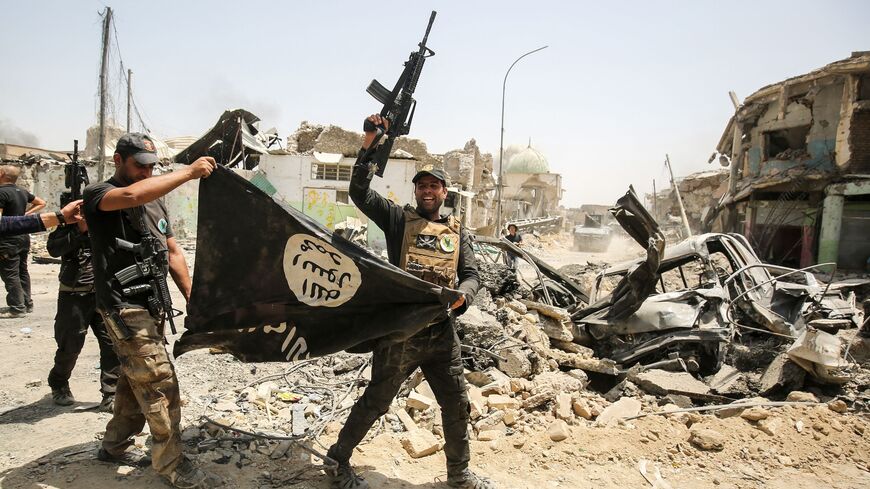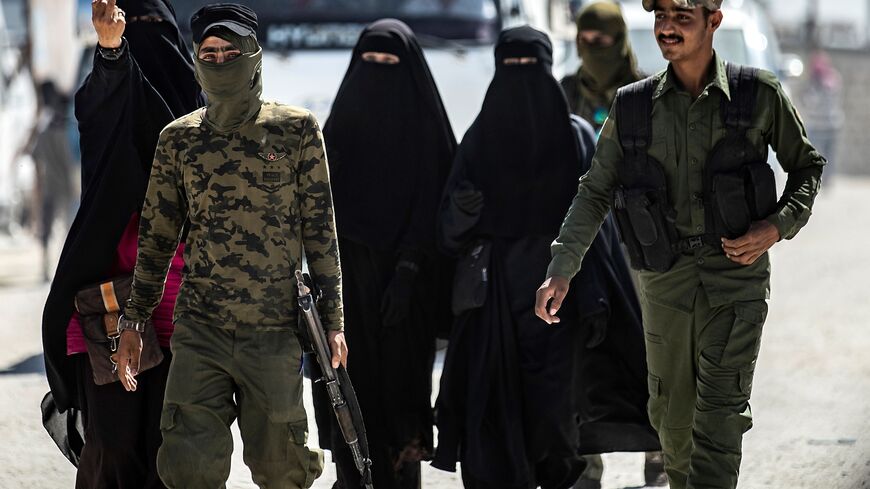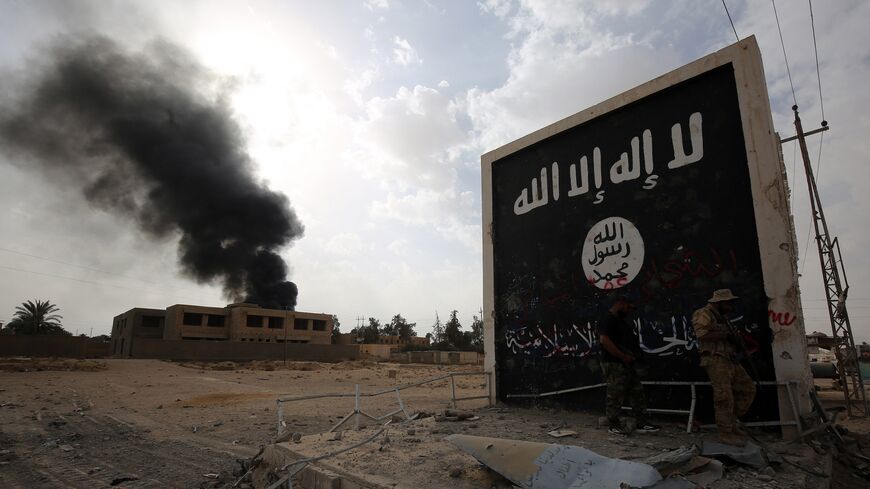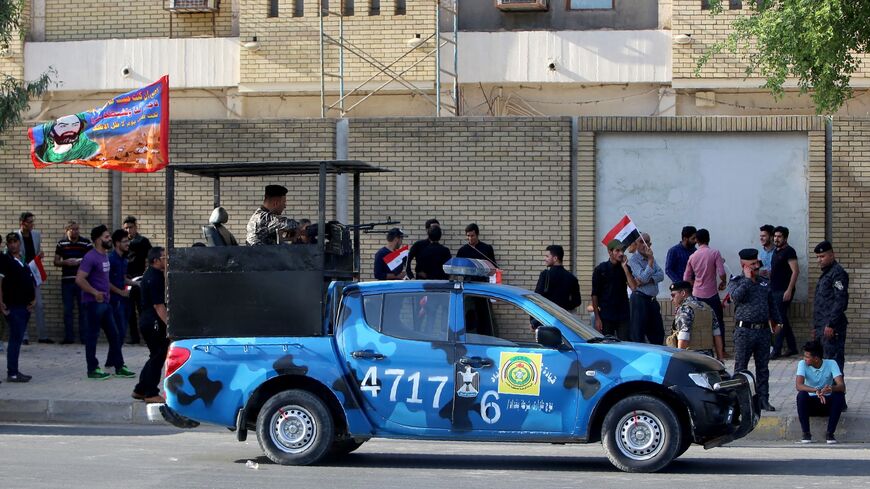ISIS resurgence in Iraq sees fresh attacks, clashes after commander killed
The Islamic State is suspected of killing soldiers in eastern Iraq in the latest sign of the group’s persistence.

The Islamic State (ISIS) is suspected of killing several Iraqi soldiers, including a commander, on Monday, prompting retaliatory operations by the security forces as the group continues to pose a threat in the country.
Reuters reported that suspected ISIS fighters attacked an Iraqi army post between the Diyala and Salahuddin provinces in eastern Iraq.
The Iraqi Ministry of Defense said in a statement that Col. Khaled Naji Wassak and a number of other soldiers in the armed forces’ 21st Infantry Division were killed responding a “terrorist” attack. The ministry did not provide further details.
The Iraqi news outlet Shafaq, as well as the pan-Arab newspaper Asharq Al-Awsat, reported that Iraqi forces launched a major operation in the al-Aith area of Salahuddin on Tuesday in response to the attack. An Iraqi military spokesperson did not immediately respond to Al-Monitor’s request for comment.
Why it matters: The attack constitutes the latest example of ISIS activity in Iraq. Iraqi forces, backed by a US-led coalition, defeated ISIS territorially in 2017. The group has carried out lower-scale attacks since then, particularly in remote areas of the Diyala, Salahuddin, Nineveh and Kirkuk provinces, including in areas that are disputed between the federal and Kurdistan Region governments.
Iraqi operations against ISIS are ongoing. In March, Iraqi forces announced the death of a prominent ISIS leader. On Tuesday, seven “terrorists” with undisclosed affiliations were arrested in Nineveh. A day earlier, authorities seized a money exchange that allegedly received funds on behalf of ISIS in Kirkuk, the official Iraqi News Agency reported.
The recent ISIS activity comes as the Iraqi government seeks the withdrawal of US forces from the country. There are around 2,500 US military personnel in Iraq as part of the anti-ISIS coalition. Iraqi Prime Minister Mohammed Shia al-Sudani has repeatedly said the coalition is no longer necessary and that it is time to implement a withdrawal. The two countries began a dialogue on the issue late last year.
American officials maintain that ISIS remains a threat in Iraq, albeit less so than in years past. In its report on ISIS for the fourth quarter of 2023, the US Defense Department’s Office of Inspector General described ISIS as “largely contained.”
“In Iraq, due to counter-terrorism pressure, the ISIS threat was largely contained, though ISIS continued to exploit security gaps between federal Iraq and the Iraqi Kurdistan Region and conducted sporadic attacks, mostly in Shia communities,” read the report.
“ISIS is still a threat here, much, much diminished, but nevertheless our work is essentially not done and we want to ensure that Iraqi forces can continue the enduring defeat of ISIS,” US ambassador to Iraq Alina Romanowski told Reuters in March.
Gen. Michael Kurilla, who heads US Central Command, told Congress the same month that US intelligence estimates there to be around 1,000 ISIS fighters at large in Iraq.
Know more: The United Nations’ mission to investigate alleged genocide and war crimes by ISIS will end in September. Reuters reported in March that the mission, known as UNITAD, will close in September amid disputes with the Iraqi government over evidence-sharing and the death penalty. UNITAD’s work was expected to last several more years.
ISIS killed thousands of civilians when it swept through northern Iraq in 2014 and particularly targeted ethnic and religious minority groups. Some members of these communities have been critical of UNITAD’s work coming to a close.
“UNITAD mandate is ending but there is no clarity on how, or if the evidence collected will be used in any way. Imagine 100+ million dollars from donors who are Yazidi friends were spent on this mission but it is getting closed without a way forward,” Murad Ismail, a Yazidi activist, said in a post on X on Sunday.







